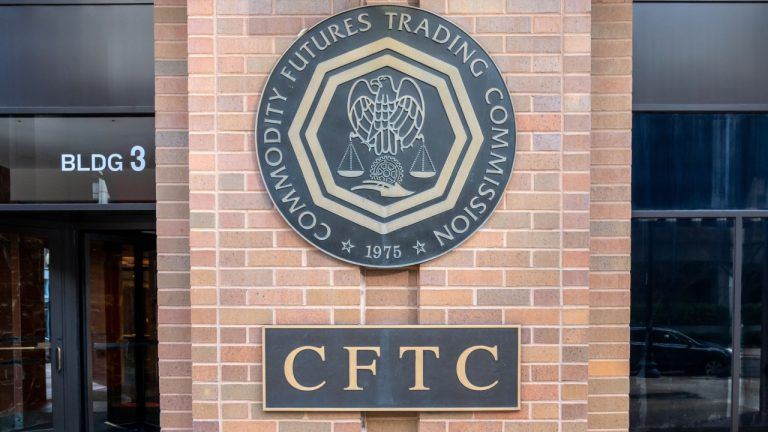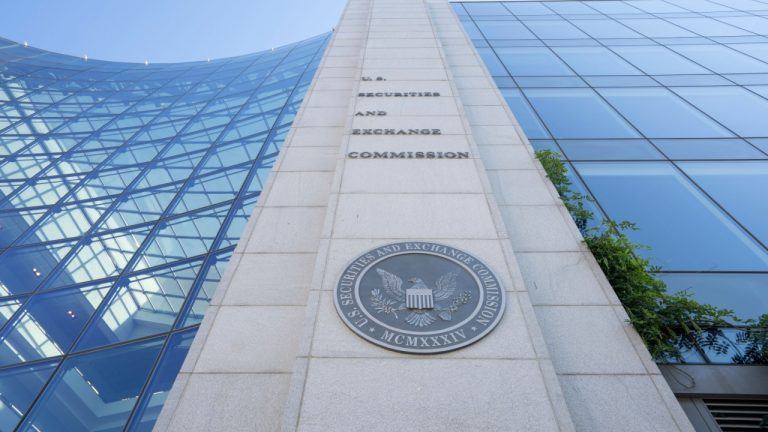
Circle preps $1B war chest to deal with market threats from PayPal and others

Circle’s USDC stablecoin has dropped from $45 billion in circulation at the start of 2023 to just $26 billion as the summer winds down.
Stablecoin issuer Circle has a $1 billion cash reserve pegged as insurance against a declining market capitalization and fresh competition from the traditional finance and technology industries, said CEO Jeremy Allaire.
In an interview with Bloomberg, Allaire revealed the war chest and shared his views on the uptick in competition from organizations such as PayPal that are new to the stablecoin space:
“I expect you will see many many, not just internet payments firms, but also all kinds of financial services companies and others begin to get more involved in this. It’s great to have this new competition. I do think it’s going to drive more and more companies into the field.”
Related: PayPal launches PYUSD stablecoin for payment
Circle is best known for its USDC (USDC) stablecoin, a digital token similar in design to regular cryptocurrency but backed entirely by fiat — in this case, the United States dollar.
However, since at least 2021, the company’s primary form of revenue has come from interest on its cash holdings and through its treasuries services. For the first half of 2023, Circle had a reported revenue of $779 million, surpassing its total revenue of $772 for 2022.
Despite this, the company has seen its market share in the stablecoin space decline from $45 billion at the start of 2023 to $26 million in just seven months.
Allaire attributes this decline to cryptocurrency exchange Binance’s decision to pull backing from USDC in favor of its own token and other unfortunate events in the market. “The Terra collapse helped us; the Binance forced-conversion hurt us,” the Circle CEO told Bloomberg, adding that “the FTX collapse sort of helped us, and then the failure of regional banks hurt us.”
In related news, as Cointelegraph recently reported, Circle launched a wallet-as-a-service API for developers as part of its current ongoing Web3 initiatives. According to an Aug. 8 announcement, the new API will allow devs to create bespoke multiparty computation wallets for their customers.
Go to Source
Author: Tristan Greene









